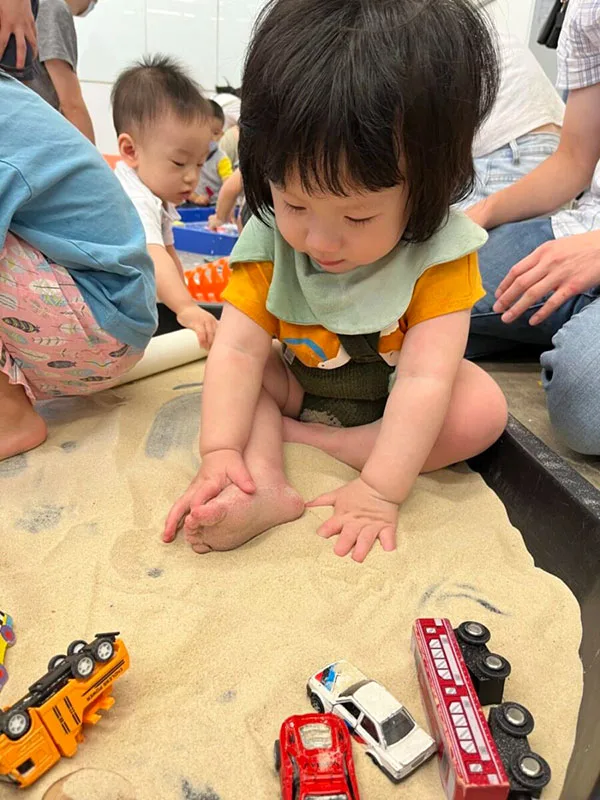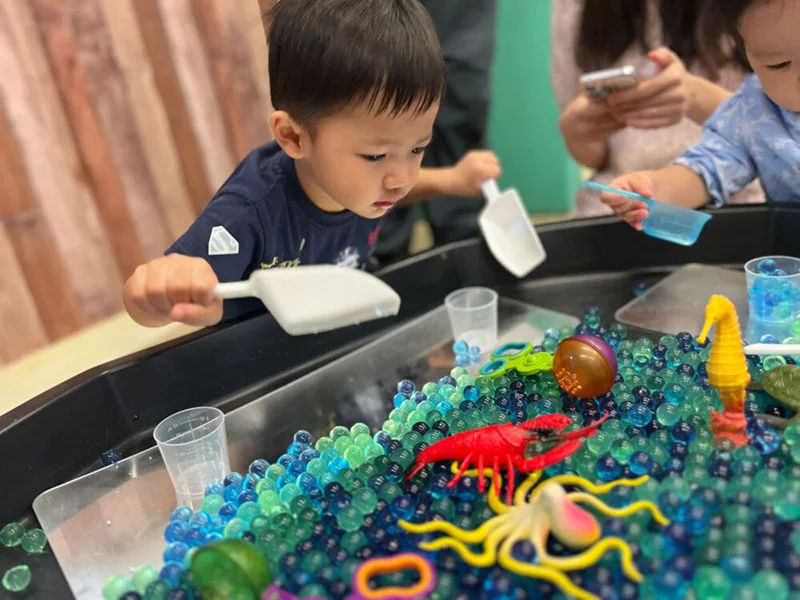Overview
1. Sensory Development: Toddlers and young children are in a critical stage of sensory development. Sensory play provides them with opportunities to explore different sensory inputs, such as touch, sight, sound, taste, and smell. This helps to strengthen their sensory processing skills and lays the foundation for later learning and development.
2. Attention and Focus: Sensory activities can help toddlers and kindergarteners to focus and pay attention. The engaging, multisensory nature of these activities can capture a child's interest and help them to stay engaged in the learning process.
3. Emotional Regulation: Sensory activities can also help toddlers and kindergarteners to regulate their emotions. Certain sensory inputs, such as deep pressure or calming sounds, can have a soothing effect and help children to manage their emotions more effectively.
4. Motor Skills: Many sensory activities involve physical movement and manipulation of objects. This can help to improve a child's fine and gross motor skills, which are important for a wide range of everyday tasks and activities.
5. Cognitive development: Sensory activities can also support cognitive development by encouraging problem-solving, exploration, and experimentation. As children engage with different sensory inputs, they are learning about the world around them and developing their cognitive abilities.
6. Inclusive Learning: Sensory plans can be particularly beneficial for children with special needs or developmental differences. These activities can be tailored to individual needs and can help to create a more inclusive and supportive learning environment.

Highlights & Outcomes
What you need to know...
Compulsory Equipment:
Remarks
ESF Explore offers various programmes suitable for all ages up to the Secondary level. We have programmes for Sports, Language, Arts, STEM and Playgroups for young ones.
Check out our Term Dates in the link below by clicking “Learn More”.
Late enrolments are accepted at pro-rata rates. So jump in anytime!





